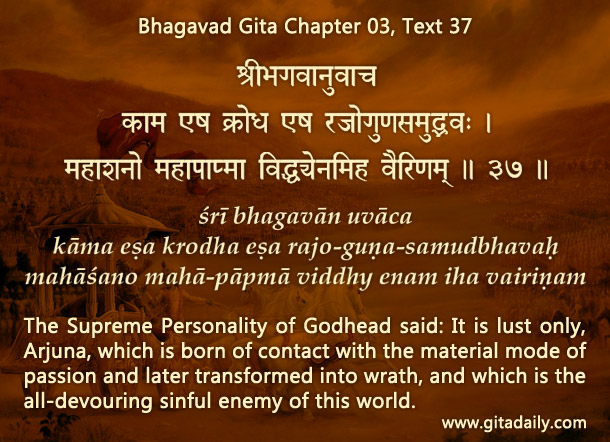The most damaging consequence of indulgence is nonchalance towards indulgence
Suppose a butcher’s child kills an animal for the first time. Initially, his hand and heart may tremble: “How can I kill?” However, if he keeps slaughtering, the hesitation disappears with habituation. Eventually, he may start cutting animals as nonchalantly as if he were cutting vegetables while cooking.
Indulgence fosters nonchalance towards indulgence. How? By weakening our conscience and intelligence, the inner voices that deter us from indulgence. Such nonchalance is indulgence’s most damaging consequence. Why most damaging? Three reasons. First, nonchalance towards indulgence stays with us lifelong, even if the karmic sufferings resulting from indulgence end with time. Second, that nonchalance gets imprinted as an inner impression and goes with us to our future lifetimes. Third, that nonchalance worsens with every indulgence, making us vulnerable to increasingly deplorable indulgences.
When people become drug addicts, they initially spend their own hard-earned money to get drugs. But later, they may steal from their homes, then steal from others’ homes, then rob others and then even kill others.
We all have our attachments. If we keep pandering to those attachments, we may gently glide down a slippery slope of increasing nonchalance. Consequently, the very things that we would have initially dismissed as unconscionable, we may eventually deem them acceptable.
The Bhagavad-gita (03.37) cautions that self-destructive desires such as lust can be all-devouring enemies: they can devour our spirituality, our morality, even our basic human sensitivity.
How can we protect ourselves from such nonchalance? By studying scripture to understand the gravity of indulgence – and, more importantly, the glory of transcendence. Gita wisdom reveals the supreme transcendental reality to be an all-attractive supreme person: Krishna. He is our greatest well-wisher, and we are his eternal parts. When we practice bhakti-yoga and relish his attractiveness, our pursuit of transcendence becomes resolute, taking us beyond indulgence.
Think it over:
- Why is nonchalance towards indulgence the most damaging consequence of indulgence?
- How may we end up deeming unconscionable things acceptable?
- How can we protect ourselves from nonchalance towards indulgence?
To know more about this verse, please click on the image
Explanation of article:
https://www.youtube.com/watch?v=ACWSY_Ws-uA
Podcast:


Leave A Comment